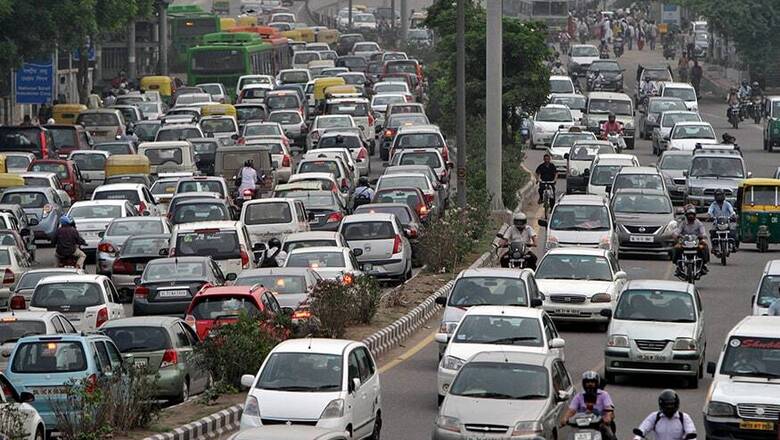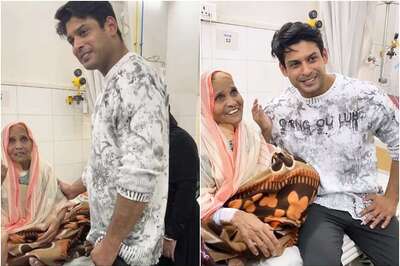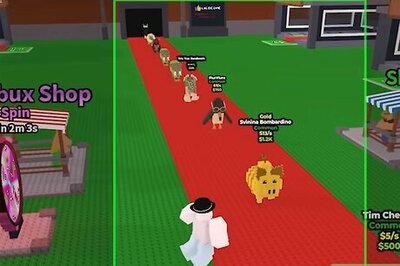
views
Indian auto sector is expected to invest around Rs 1 lakh crore for upgrading products to meet various upcoming regulations related to emissions, safety and fuel efficiency, according to industry body SIAM.
From October this year, all new models will have to meet offset and side crash test norms, which will become mandatory for all models by 2019. By 2018 new models will have to meet pedestrian safety norms while all models will have to meet the criteria by 2020. The most important change will be the Bharat Stage VI emission norms that will kick in from April 2020.
The first phase of fuel efficiency norms has started already from this year and the second phase will commence in 2022.
Also Read: Royal Enfield Classic 350 Redditch Series: Five Interesting Things You Need to Know
"The figures which we are getting from member companies is almost Rs 1 lakh crore," Society of Indian Automobile Manufacturers (SIAM) Executive Director (Technical) K K Gandhi told reporters. The investment as a whole would go into developing new platforms, emission norms, safety upgrades and fuel efficiency norms, he added.
"Already investments have started as nobody wants to come up with a new BS IV platform, which cannot be upgraded to BS VI," he added.
The industry will have to develop a whole package meeting safety, emissions, and fuel emission regulations, Gandhi said. Besides, various components like advanced after-treatment systems which need to be installed in BS VI vehicles will have to be imported initially, he said, adding such devices would require being developed for Indian driving conditions. Currently, there are just 2-3 technology providers which have capabilities to install such devices, Gandhi said.
"It is not easy to develop such applications for the Indian driving conditions. The devices need modification which takes a lot of time and effort," SIAM Deputy Director General Sugato Sen said.
Moreover, for sub-1 tonne commercial vehicles development has to start from the scratch because such vehicles are not plied anywhere across the world, Gandhi said.
"No technology is available for such kind of vehicles.. everything will have to be developed from scratch. So the cost of development is going to be very high as compared to switch from BS III to BS IV where the figure was only around Rs 30,000 crore," he added.
Don't Miss:

















Comments
0 comment